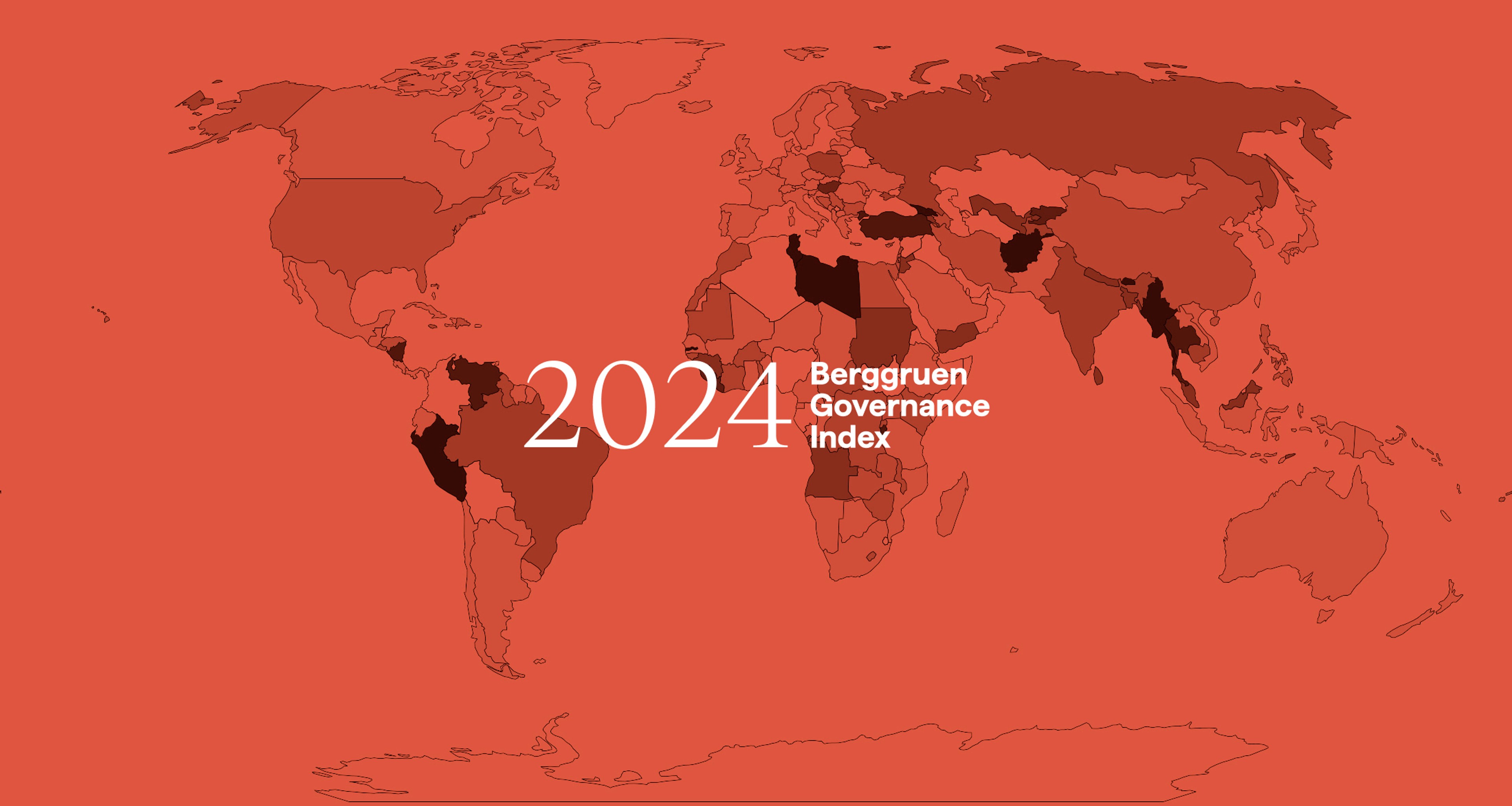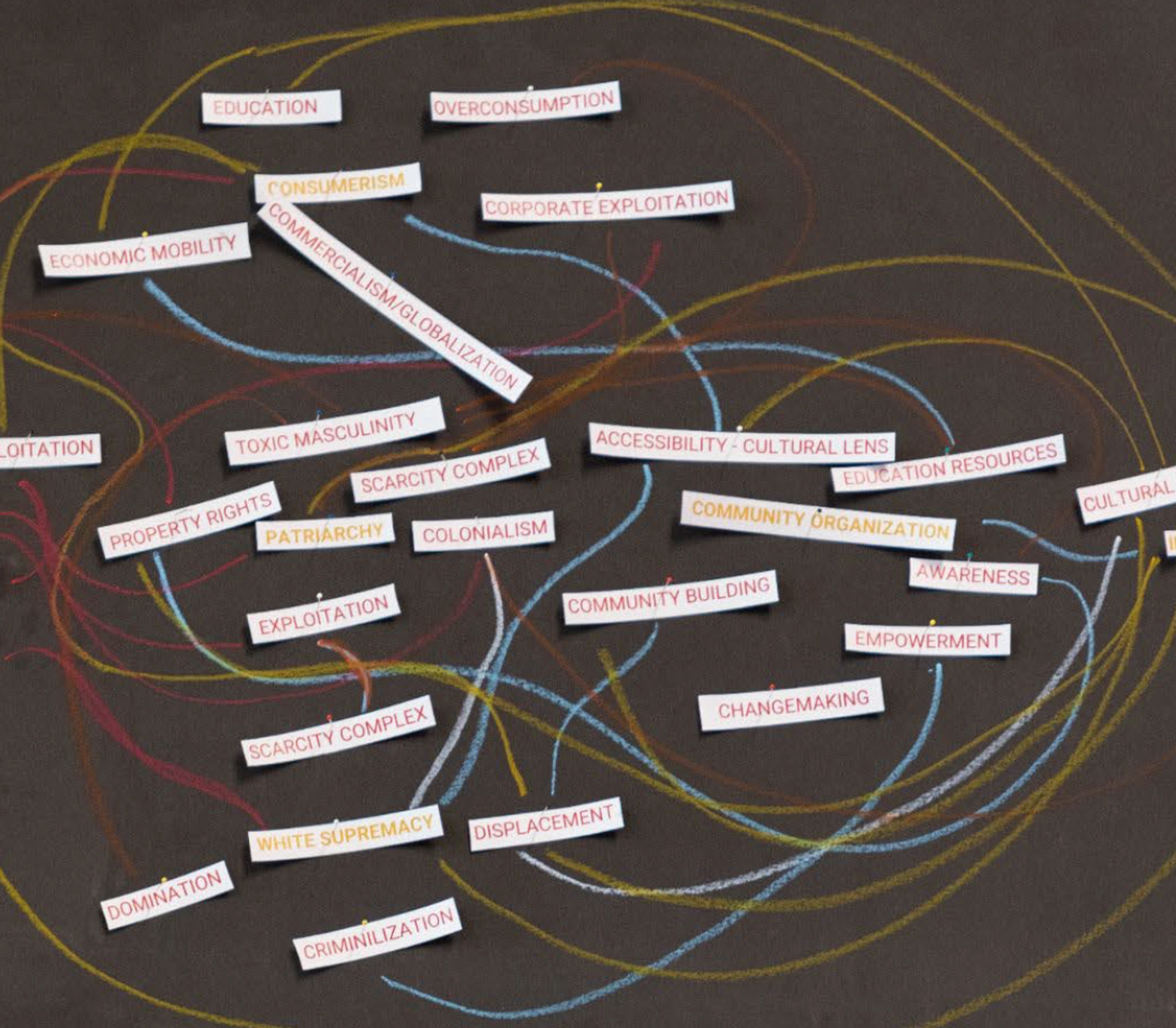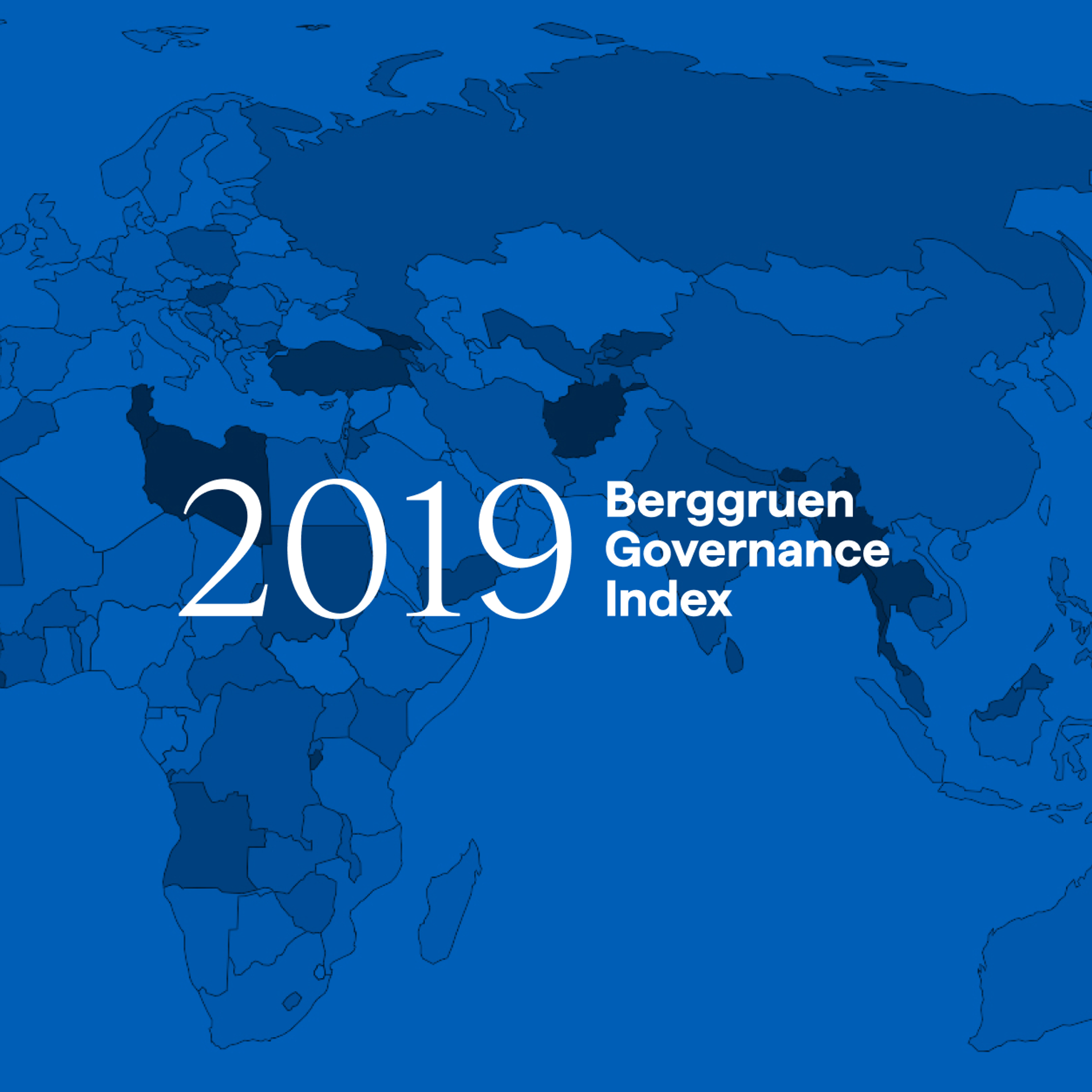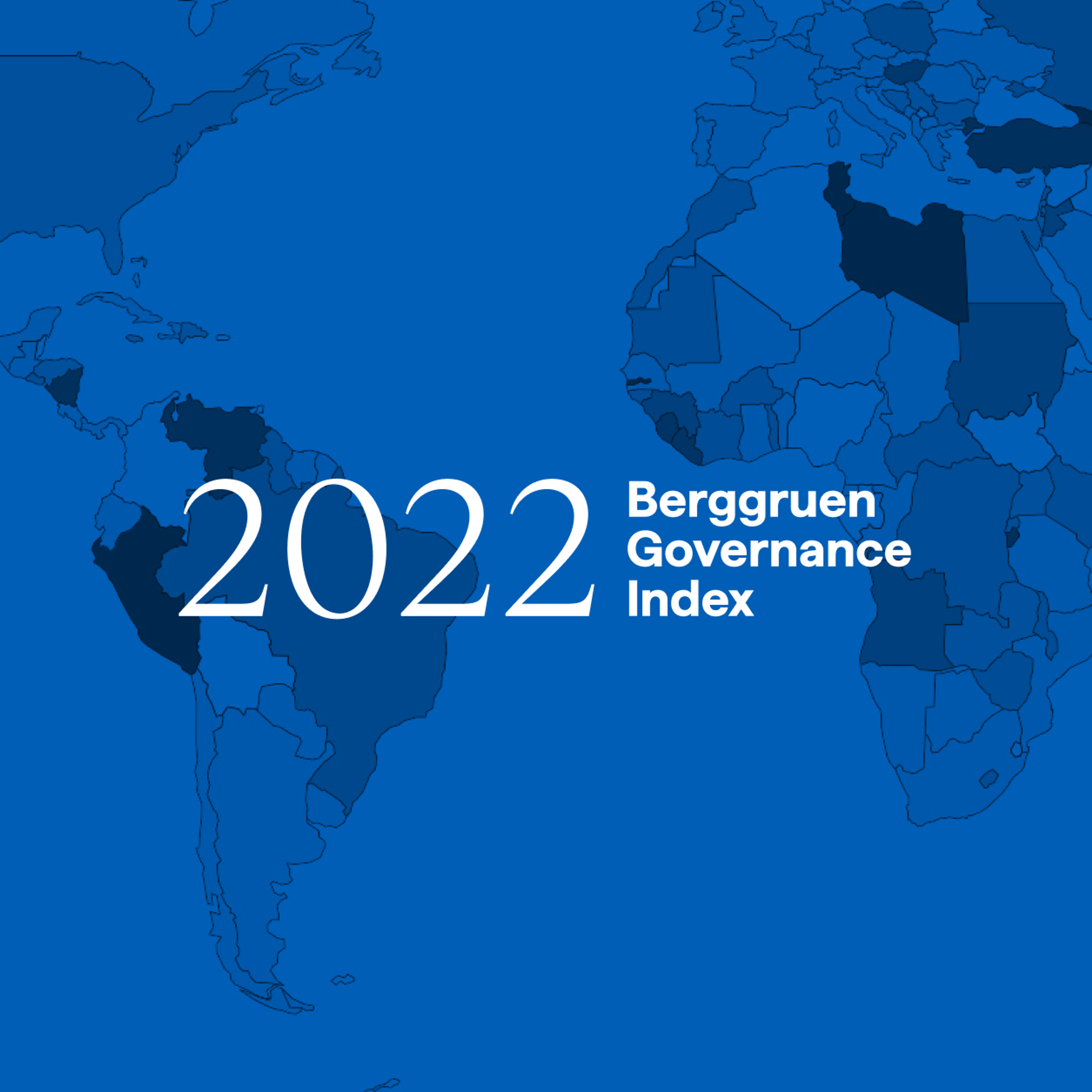
The 2024 Berggruen Governance Index: Democracy Challenged
- Team members:
- Dawn Nakagawa,
- Helmut K. Anheier
The 2024 Berggruen Governance Index Report: Democracy Challenged
raises an important question about the future of democracy: is
democracy becoming less relevant for public prosperity than it once
was (or assumed to be)?
Findings from the 2024 report challenge conventional wisdom that
democracy is positively correlated with delivering higher quality of
life and public goods, with non-democratic countries performing well
compared to years prior. The successes of non-democracies and their
increased ability to provide public goods indicate a rise of
alternative models of development that challenge liberal democracy—and indicate the need for a new realism when assessing governance
performance and democracy's role in it.
The Berggruen Governance Index (BGI) Project is a collaborative
project between the Berggruen Institute, the Hertie School, and the
UCLA Luskin School of Public Affairs that endeavors to better
understand why some countries are better managed and enjoy a higher
quality of life than others. The latest index measures 145 countries’
performances across 21 years by examining the relationship between
three among three areas areas of governance: democratic
accountability, state capacity, and public goods provisions.
Key takeaways from the 2024 report:
• Nearly half of the countries examined saw increased levels of public
goods provision despite declining democratic accountability.
• Successful democratic states remain well-off and stable overall, but
the future of democracy among the liberal developed market economies
is intertwined with the state of the globalized economy and how it
shapes both social cohesion and public goods provision.
• State capacity has increased in Africa and remains roughly stable in
Asia and Europe, but has declined in the Americas and Oceania since
2010.
• Regions with the lowest overall scores experienced the largest gains
across all three dimensions, indicating some narrowing of gaps over
time
• Evidence remains ambiguous about whether the “Washington Consensus" (that democracy and quality of life & public goods go best together) or the “Beijing Consensus” (that authoritarian regimes do better at delivering quality of life & public goods) is more correct.










